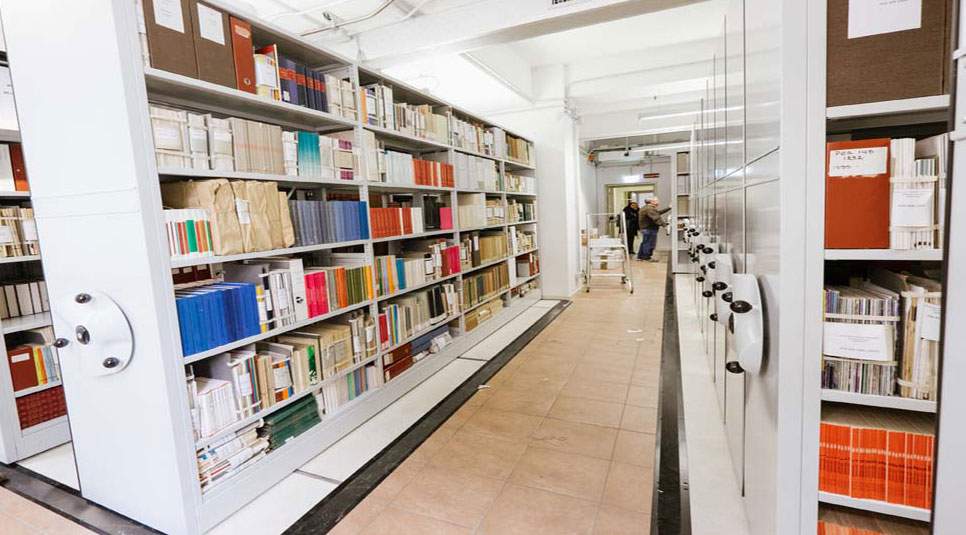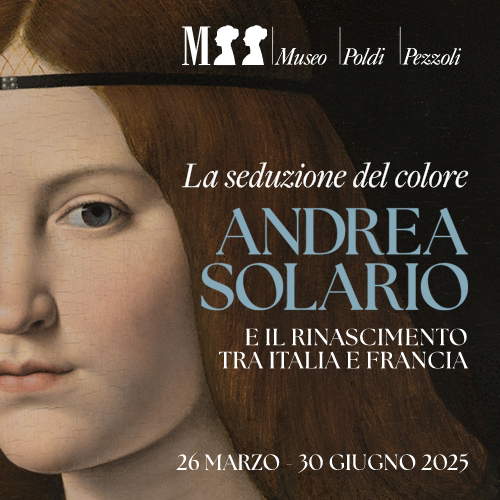A Wikipedian-in-Residence in the archives of the 1900s Pole to enhance museum heritage
It will be a"Wikipedian" who will accompany the Polo del ’900 of Turin for six months on a path of digital enhancement of the heritage it preserves. Starting today, in fact, Marco Chemello, an expert for more than fifteen years of the web’s most consulted free and collaborative encyclopedia and Wikipedian-in-Residence of other cultural institutions such as the Academy of Sciences of Turin, BEIC Foundation and Ricordi Historical Archive of Milan, will lead the working group in a path of fifteen seminars. For six months they will explore the potential of Wikimedia projects (including Wikipedia, Wikimedia Commons, and Wikidata) through hands-on activities aimed at contributing to existing Wikipedia entries and creating new ones, starting with the Pole’s themes of study and research.
The goal is to foster use, visibility and sharing of the enormous heritage guarded by the Pole of the 1900s and, at the same time, to help improve Wikipedia’s cultural content.
The opportunity to host a “Wikipedian in Residence” is made possible thanks to the collaboration with Wikimedia Italia, which awarded the Pole as the best candidate project for the 2020 Call for Cultural Institutions.
“The collaboration with Wikimedia Italia represents an experimental opportunity to enhance the Polo’s heritages, reach new audiences and reap new benefits of digital through established projects like Wikimedia,” explains Alessandro Bollo, director of the Polo del ’900. "Above all, it represents a wonderful opportunity for learning, rethinking and comparison, in a historical phase that forces cultural institutions to have a surplus of awareness, expertise and visions to keep up with digital transformation. Thanks to this collaboration, in the spring, the Pole will devote some in-depth moments to Wikimedia projects, targeting Piedmont’s cultural institutions and citizenship. In addition, the experience with the Wikipedian will conclude with a conference on the topic of communicating cultural heritage in the digital age, which will be held as part of the Archivissima 2021 festival in June."
The “a Wikipedian in Residence” initiative is part of the larger series of GLAM (Galleries, Libraries, Archives and Museums) projects promoted and supported by the Wikimedia Foundation and its national chapters to foster collaboration and knowledge transfer between cultural institutions and Wikimedia projects.
“As we well know, Wikipedia has become, in its twenty years of existence, the world’s leading collective writing project, as well as the largest and most consulted encyclopedia; it does not have an editorial staff,” Marco Chemello points out, “because all content is written, fed and corrected by a large multilingual community of volunteers, in a collaborative and free perspective that represents the most revolutionary, fascinating and at the same time challenging aspect of the wiki universe. For this reason over the years we have set ourselves, also as Wikimedia Italia, more and more the question of involving in this work the institutions that hold authoritative content and sources: today we work every day with archives, museums, libraries, schools and universities, public and private institutions; this is how the ”Wikipedian in Residence“ was born, a facilitator figure for GLAM projects with them, which have also spread in Italy since 2011. It is true that there are still relatively few Italian realities involved, often the most innovative and courageous ones, but there are really many possibilities to act in the direction of open access and free and collaborative culture. We know that this is the direction traced by some of the major cultural institutions at the international level and indicated by European directives. Producing tangible and useful results for everyone by collaborating with the Pole of the 1900s is very stimulating and for me, as a Wikimedian, it is a pleasure and a nice challenge.”
 |
| A Wikipedian-in-Residence in the archives of the 1900s Pole to enhance museum heritage |
Warning: the translation into English of the original Italian article was created using automatic tools. We undertake to review all articles, but we do not guarantee the total absence of inaccuracies in the translation due to the program. You can find the original by clicking on the ITA button. If you find any mistake,please contact us.



























